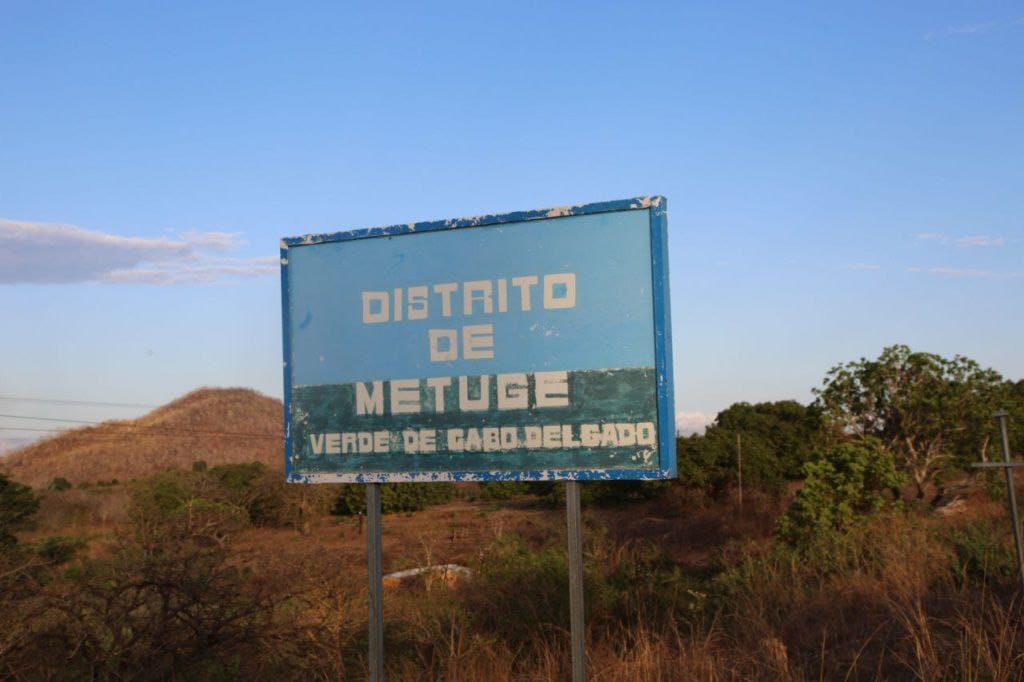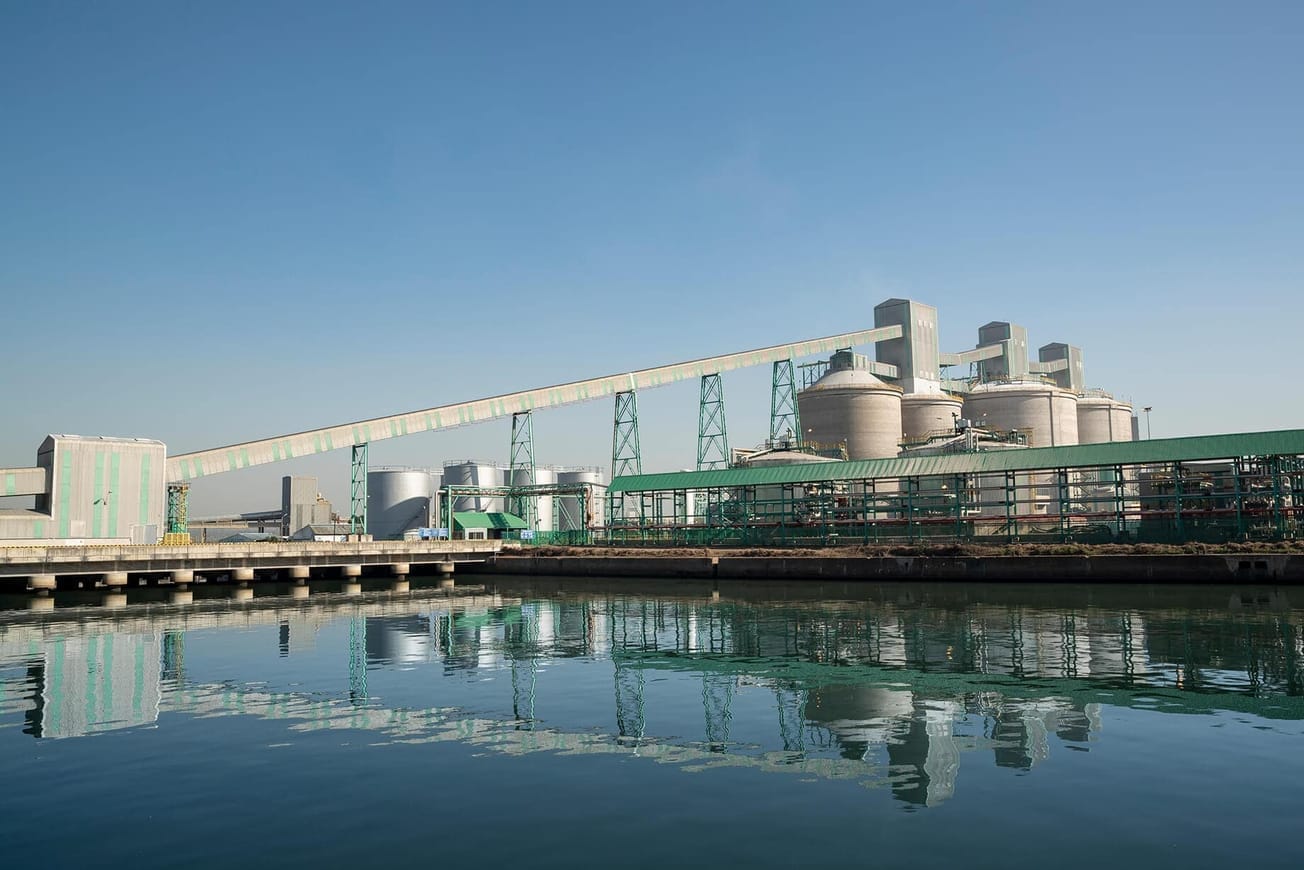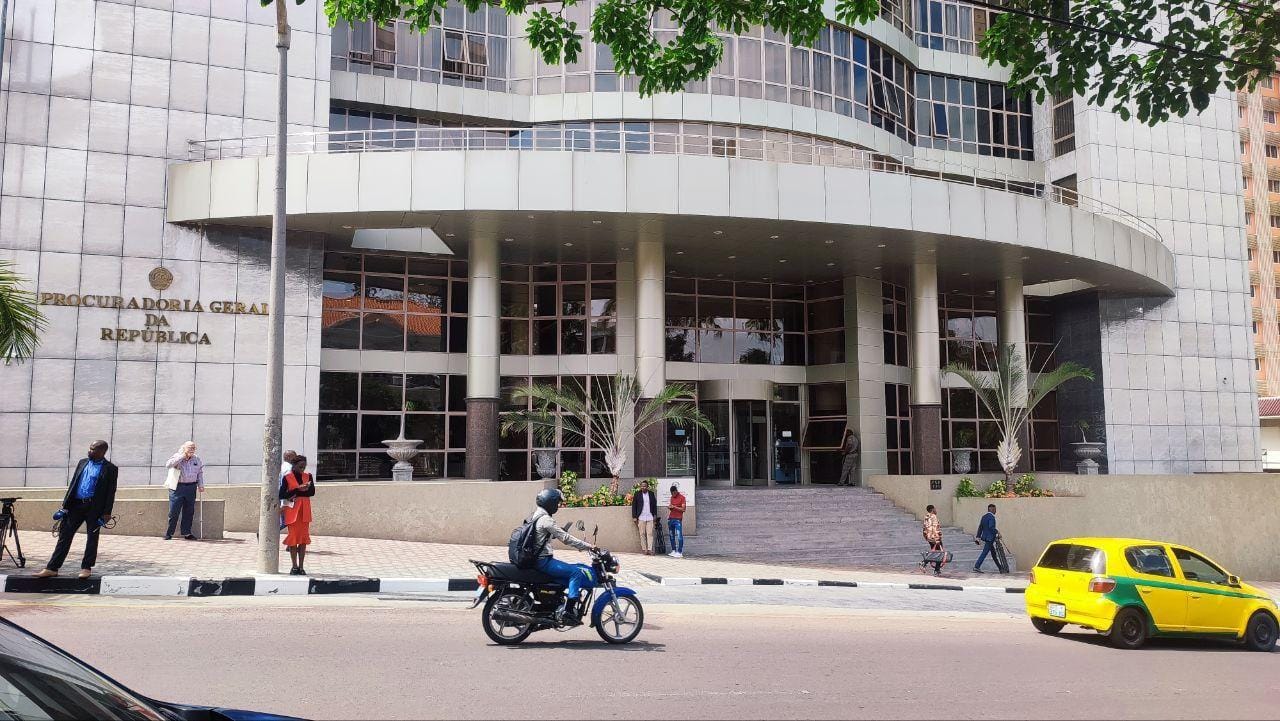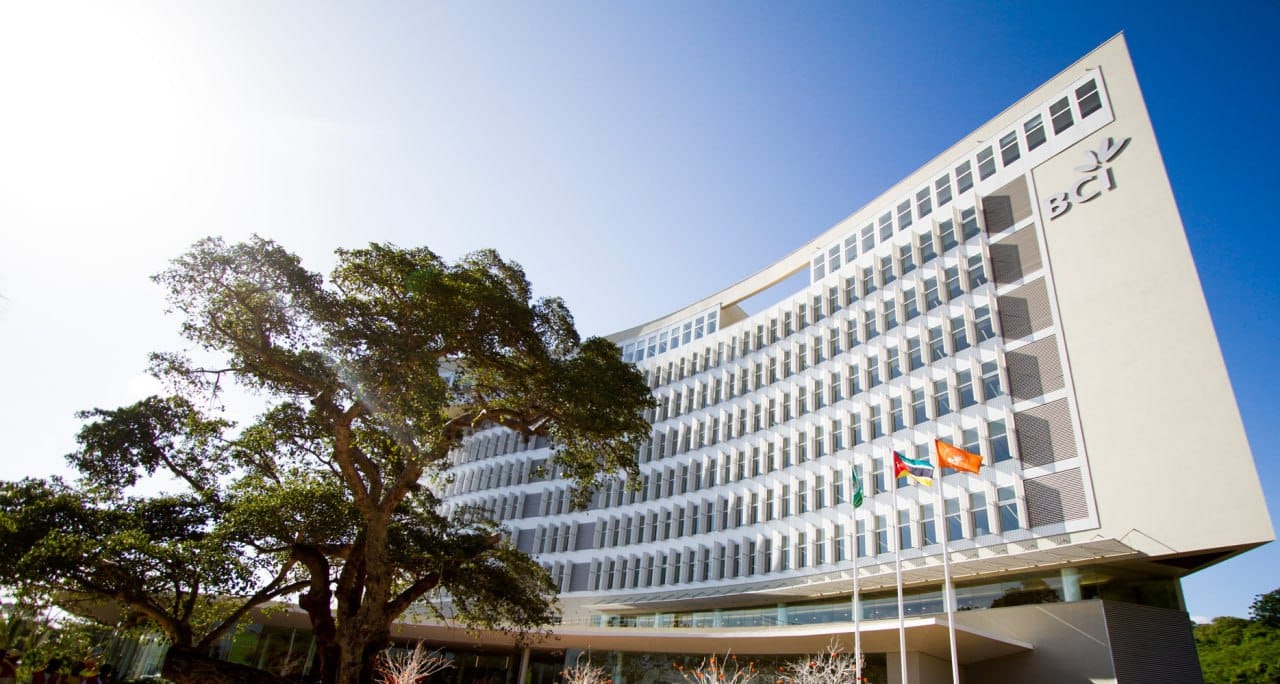Good afternoon. The long-running dispute between South32, the Australian majority owner of the Mozal aluminium smelter, and the Mozambican government will be a test of how far the current trend of economic nationalism, which is evident both in government policy and in popular sentiment, can go. South32 has been negotiating with a commission set up by the Mozambican government to agree a new power purchase contract for the smelter, whose current contract expires next year. The Cahora Bassa Hydroelectric (HCB) company, which is majority owned by the government, is the official power supplier, although the power is transmitted through the transmission network of South African electric utility Eskom.
The full Daily Briefing continues below for Pro subscribers. Subscribers to the Zitamar News tier can read the top half, including the full leader article, here.
That the power price needs to go up is not in dispute. Mozal currently pays $0.03 a kilowatt-hour for power, a bargain basement price which is half what Eskom pays HCB for power for South Africa. The question is by how much. The government’s position is that the current tariff amounts to a subsidy of the business, which also enjoys a special ultra-low tax regime. South32’s response today is that the price demanded by the government, which has not been publicly disclosed, would make the business “cash flow negative every single month, every single day”. As things stand, it says, it is more likely than not that the plant will be shut down in March 2026.





